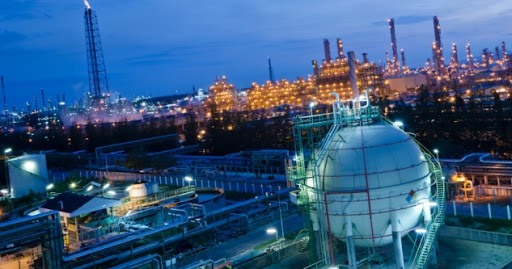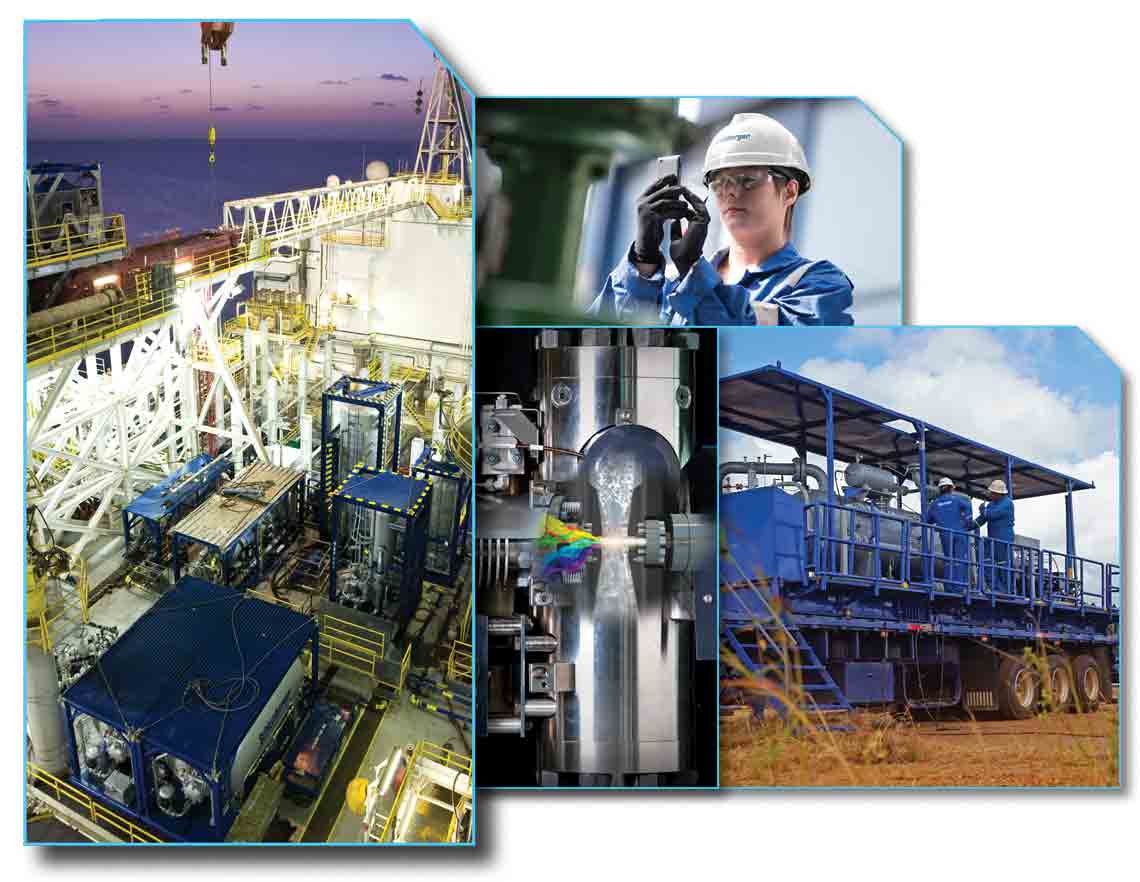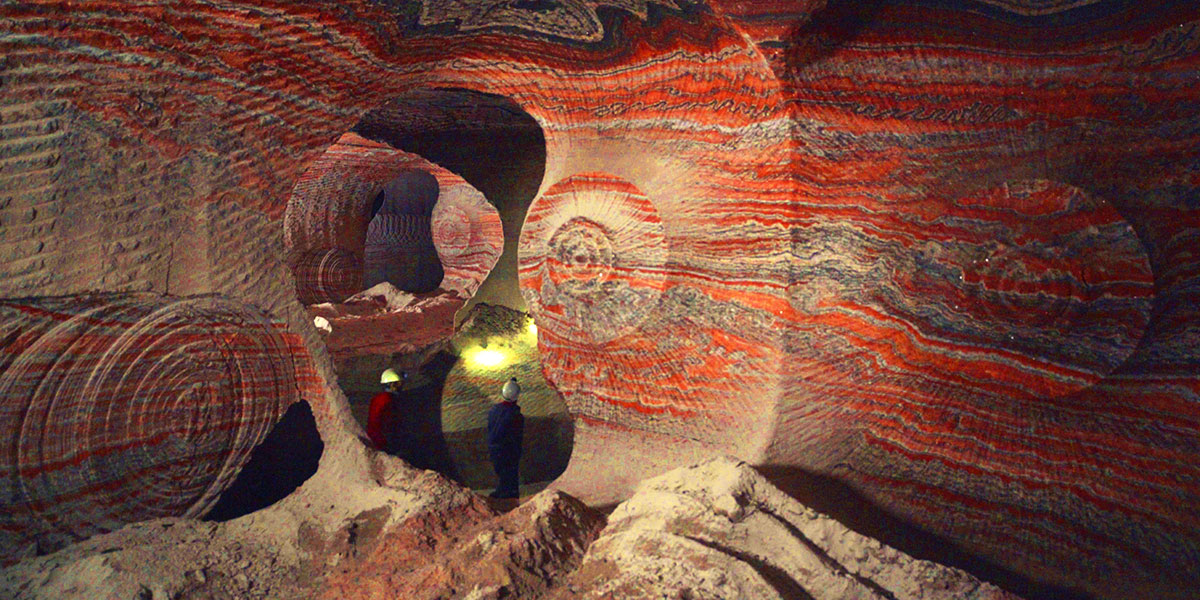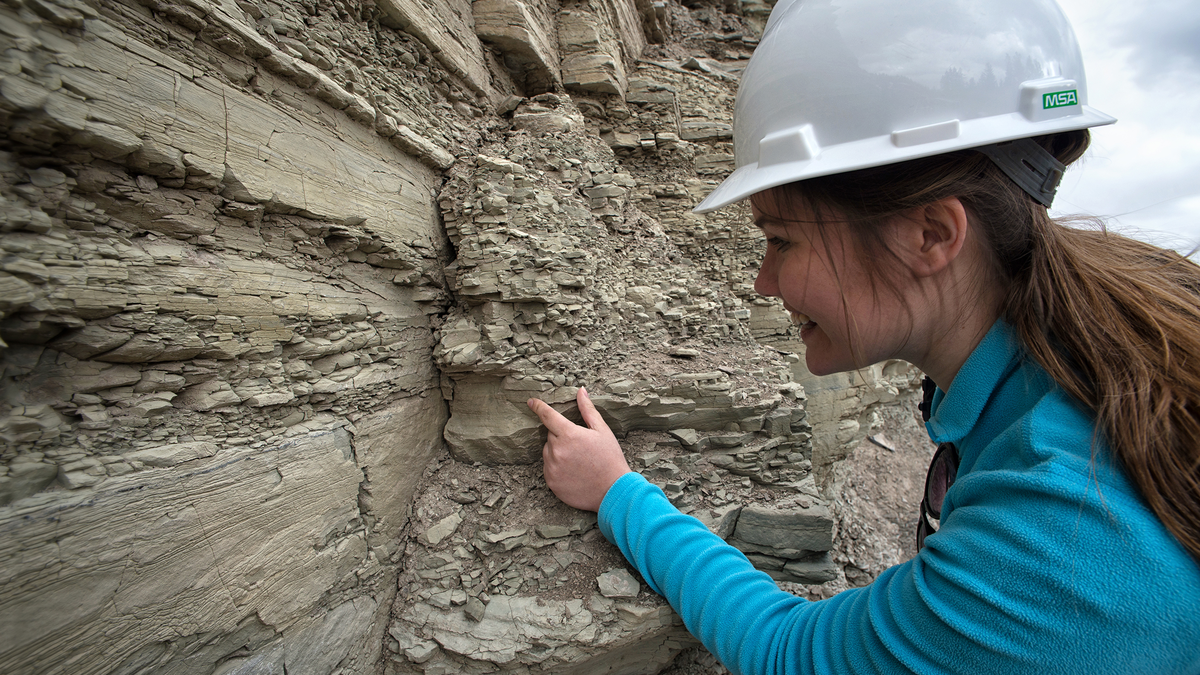

This course covers the necessary fundamentals of Geomechanics for wellbore applications; the origin of stresses in the subsurface and how in situ stresses can be understood from wellbore data; mechanical properties such as rock strength, the Mechanical Earth Model, and the origins of pore pressure and how it is measured and estimated. The course then proceeds to show how these data are applied through the Mechanical Earth Model to critical problems in exploration and field development.
By the end of this course, delegates will be able to:
Geologists, Geophysicists, Geomechanics Engineers, Drilling Engineers, Production Engineers, Completion Engineers, Petrophysicists, Reservoir Engineers, Petroleum Engineers, Exploration Supervisors and managers concerned with the Geomechanics challenges of field development and exploration, Supervisors and managers concerned with wellbore stability
Introduction to Geomechanics
Rock Mechanical Properties
Porosity and Permeability
Mechanical Properties
Elasticity and Other Stress‐Strain Behaviour
Failure and Beyond
Thermal Effects
Influence of Faults and Fractures
Rock Mechanics Testing
Pore Pressure
Reservoir Geomechanics
Petroleum Applications
Sanding Evaluation
CDGA attendance certificate will be issued to all attendees completing minimum of 80% of the total course duration.
| Code | Date | Venue | Fees | Register |
|---|---|---|---|---|
| GE120-02 | 04-05-2026 | Kuala-Lumpur | USD 5950 | |
| GE120-03 | 16-08-2026 | Jeddah | USD 5450 | |
| GE120-04 | 22-11-2026 | Dubai | USD 5450 |

This course will stress the practical application of modern techniques in well test analysis, with a special emphasis on the pressure derivative. Various pressure analysis techniques will be used to a ...

This course will provide the candidates with the fundamentals and language of petroleum geology, exploration, drilling and production. This understanding will enable you to communicate more efficientl ...

This introductory course is designed for industry professionals with no prior geological training. Registrants will gain an understanding of fundamental geological principles and the tools and techniq ...
Providing services with a high quality that are satisfying the requirements
Appling the specifications and legalizations to ensure the quality of service.
Best utilization of resources for continually improving the business activities.
CDGA keen to selects highly technical instructors based on professional field experience
Since CDGA was established, it considered a training partner for world class oil & gas institution
3012, Block 3, 30 Euro Business Park, Little Island, Co. Cork, T45 V220, Ireland
Mon to Fri 09:00 AM to 06:00 PM
Contact Us anytime!
Request Info